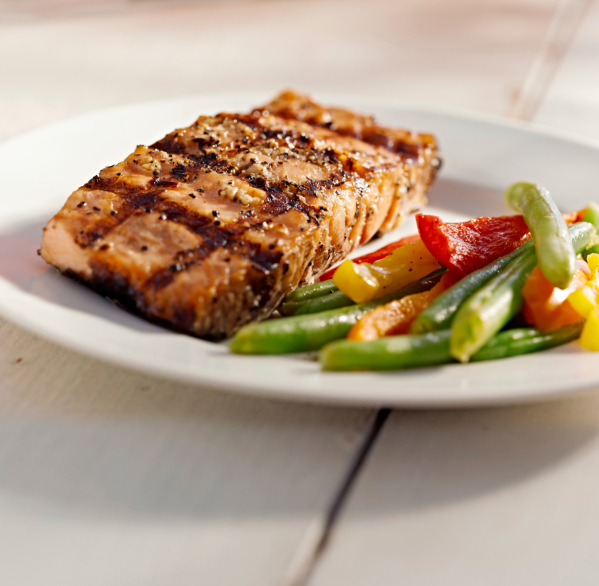Ever wondered where the proverbial fountain of youth is located? The Mediterranean, perhaps?
While we can’t say with absolute certainty that everyone is looking for the fountain of youth, as doctors, we really like to see the science and proof behind broad statements like that.
But most people are looking to age well. They want to look and feel as young as 35 at 65 (with all the lessons of life still in tact, of course).
They want to age in a place of their choosing.
And, truth be told, they don’t want to even think about aging. Who does? It’s probably why we don’t really start to think about it until we’re well into our 40s, 50s and 60s. By then, AARP is knocking at the door.
Turns out, even if we’ve put off sipping from the fountain of youth throughout our lives and are looking for a place to jump in after we reach middle age that might still be OK.
That’s where the Mediterranean Diet comes in.
In late 2013, a report in the Annals of Internal Medicine cited evidence that the Mediterranean Diet is not only effective in preventing heart attacks, stroke and premature death if adopted early in life, but it also can bring great aging-related benefits later in life.
The actual study looked at 10,000 women in their 50s and 60s who were following different diets and compared them 15 years later.
Women who followed a diet filled with plant foods, whole grains and fish were 40 percent more likely to live past 70 without chronic illness.
That diet is the hallmark of a Mediterranean Diet.
Imagine the results for women who start following that diet in their 20s, 30s and 40s.
It’s not revolutionary that eating healthy is one of the key mechanisms to live well. It’s not even news that the Mediterranean Diet has health benefits—other studies on the diet suggest that the diet helps lower cholesterol, with weight loss, improves rheumatoid arthritis and reduces the risk for developing Alzheimer’s disease, diabetes, cancer and other chronic illnesses.
What is new is that you can start eating this way in your 40s, 50s and 60s and still see the benefits as you age.
Want to start now? It’s not too late.
Dieticians recommend basing your meals on fruits, vegetables, whole grains, olive oil, beans, nuts, legumes, seeds, herbs and spices.
The Harvard Health Letter suggests eating fish twice a week, moderate portions of dairy, and poultry and red meat sparingly.
Try these recipes to get started living well to age well.
Broiled Scallops With Sweet Lime Sauce
http://www.riversideonline.com/health_reference/Recipe/NU00476.cfm
Broiled White Seabass
http://www.riversideonline.com/health_reference/Recipe/NU00477.cfm
Mediterranean-Style Grilled Salmon
http://www.riversideonline.com/health_reference/Diet-Nutrition/NU00509.cfm
Orzo With Cherry Tomatoes, Capers and Lemon
http://www.riversideonline.com/health_reference/Recipe/RE00031.cfm


